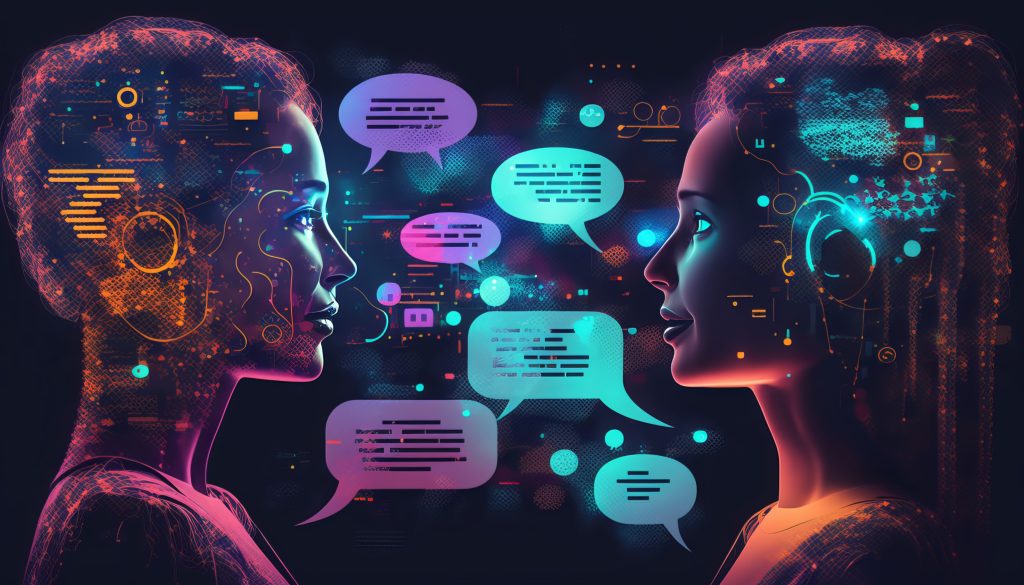Tyler Perry halts $800 Million studio expansion due to AI concerns
Perry’s decision is grounded in a genuine fear that the potential of AI to generate lifelike scenes may lead to the displacement of numerous jobs in the film sector.

Renowned film and television mogul, Tyler Perry, has chosen to put a temporary pause on his ambitious $800 million studio expansion, citing worries related to the advancements in AI, with a specific focus on OpenAI’s video generation tool, Sora. Perry expressed concerns about Sora’s capabilities, particularly its capacity to create incredibly realistic footage.
Perry’s decision is grounded in a genuine fear that the potential of AI to generate lifelike scenes may lead to the displacement of numerous jobs in the film sector. The crux of this concern lies in the possibility of AI replacing the necessity for physical filming locations and the conventional methods of set construction. Perry underscored the significance of preserving job opportunities for those working in the industry and called for a collective effort among stakeholders to address the challenges posed by the evolution of AI.
Why does it matter?
While AI offers various advantages, it also raises concerns about the preservation of human creativity, intellectual property rights, and the future of employment in the film industry. Ensuring the responsible implementation of AI involves advocating for informed consent, fair compensation, and regulating AI usage in the entertainment sector. Perry’s decision reflects a broader industry trend, as evidenced by Hollywood workers going on strike last year due to AI concerns within the film and television industry.
The Writers Guild of America (WGA) initiated a strike on 2 May 2023, marking the most significant disruption to American television and film production since the 2007–08 strike. Following this, the Screen Actors Guild-American Federation of Television and Radio Artists (SAG-AFTRA) commenced a strike on 14 July 2023. The strikes primarily addressed issues such as basic residuals, music licensing, and protections against the perceived threat of AI in creative work. Negotiations ultimately resulted in agreements that addressed the concerns raised by the unions, including provisions for consent and compensation to shield members from AI threats, along with increased minimum compensation.
